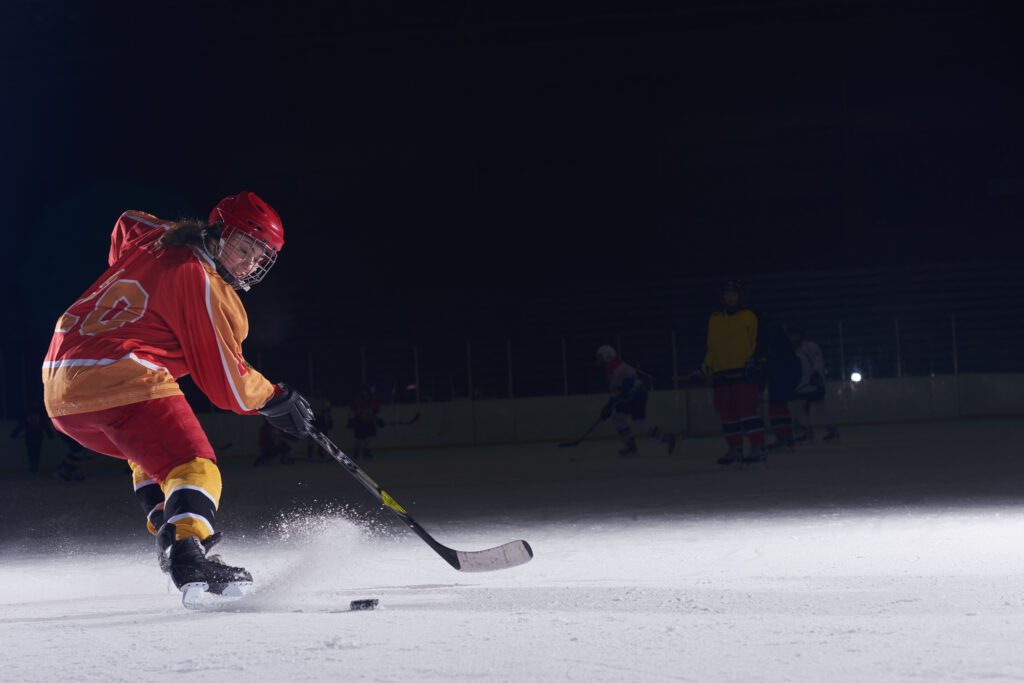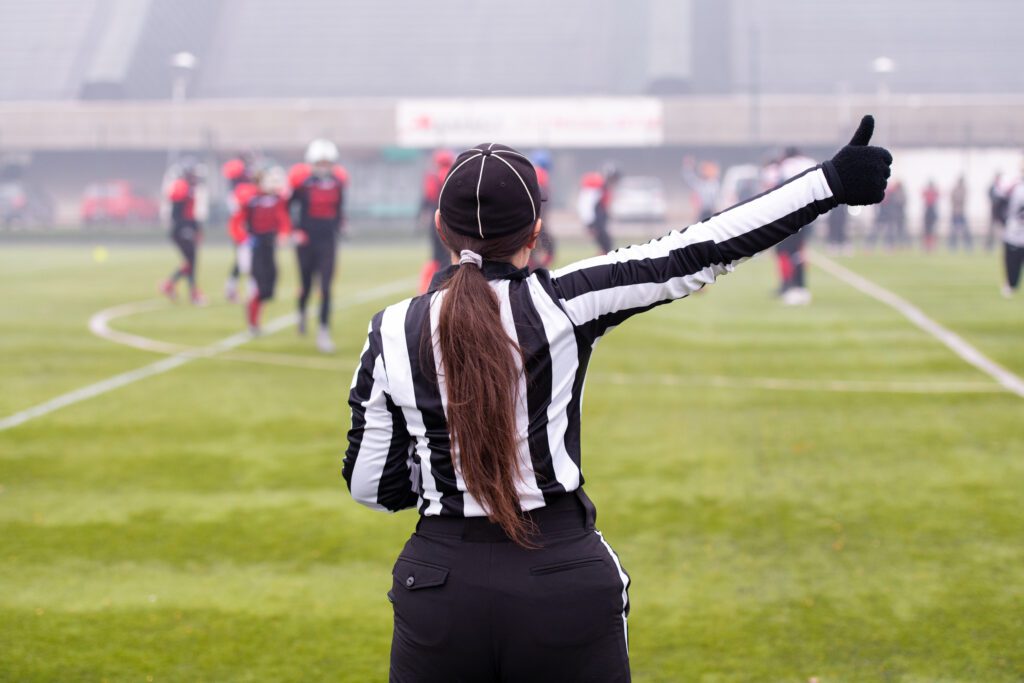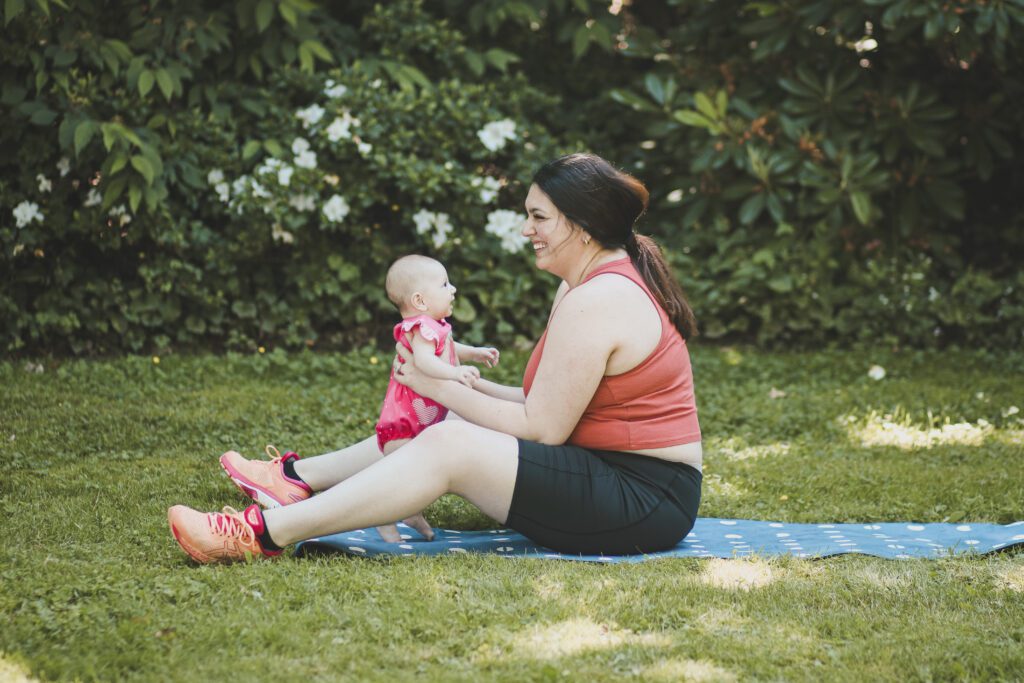Beyond the Comeback: What Media Stories Reveal About Team Canada’s Athlete Moms and How Sport Organizations Can Support Them

With the 2026 Winter Olympics less than a year away, athletes are deep in their preparation, setting their sights on representing Team Canada. For veteran athletes like freestyle skier Cassie Sharpe and hockey forward Natalie Spooner, this Olympic cycle looks different as both became mothers since medalling at the 2022 Games. The media has been…
Supporting Indigenous women’s place in lacrosse
This Canadian study found that racism, sexism, and colonial systems still limit how Indigenous women and girls take part in lacrosse. To move forward, participants emphasized the need for community-led, land-based programs that reflect Indigenous cultures and support their leadership in sport.
2025 Canadian Guideline for Physical Activity, Sedentary Behaviour and Sleep throughout the First Year Postpartum
Behind the Whistle: Spotlighting Women Who Call the Game

The Spark In January 2025, She is Active New Brunswick launched Behind the Whistle, a storytelling series that showcases women officials from across the province. What began as a routine social media post celebrating 3 basketball officials for their recent accomplishment in the Atlantic Collegiate Athletic Association (ACAA) quickly gained traction. The overwhelming response sparked…
The bounce-back illusion: Why real postpartum bodies deserve the spotlight

Let’s begin with a familiar image. A woman, newly postpartum, stands in her living room. Her baby is nestled in a sling across her chest, and she’s attempting something between a squat and a stretch while simultaneously rescuing a plush giraffe from under the couch. She is not wearing Lululemon. She has not “bounced back.”…
Girls only sport spaces
Girls who are part of marginalized groups often miss out on sports, posing a big challenge for inclusion. A recent study found that much of the hesitancy to join sports comes from patriarchal norms and shyness. Promoting girls only sports with female coaches may lead to better rates of sport participation.
Gender inequality in sport research
Despite progress, gender imbalances remain prevalent in many areas of sport, including research. This study shows that 66% of participants were male and only 34% female, highlighting the need for more gender equitable research going forward.
Sport-specific influences and risk factors for disordered eating
Female athletes in artistic, endurance and combat sports are at higher risk of developing disordered eating and eating disorders than the general population, and new research reveals some interesting sport-specific differences. For example, female endurance athletes engage in more disordered eating attitudes and behaviours than athletes in artistic and combat sports, emphasizing the importance of…
Breaking the taboo about menstrual cycles in sport
Competitive female athletes perceive their hormonal cycles as affecting their sport involvement, but rarely discuss these issues with their coaches. A study of Swedish cross-country skiers showed that low levels of knowledge about hormonal cycles are a barrier to communication. Strategies to increase knowledge and strengthen coach-athlete relationships can help to break down barriers for…
Girls only sport spaces
Girls who are part of marginalized groups often miss out on sports, posing a big challenge for inclusion. A recent study found that much of the hesitancy to join sports comes from patriarchal norms and shyness. Promoting girls only sports with female coaches may lead to better rates of sport participation.